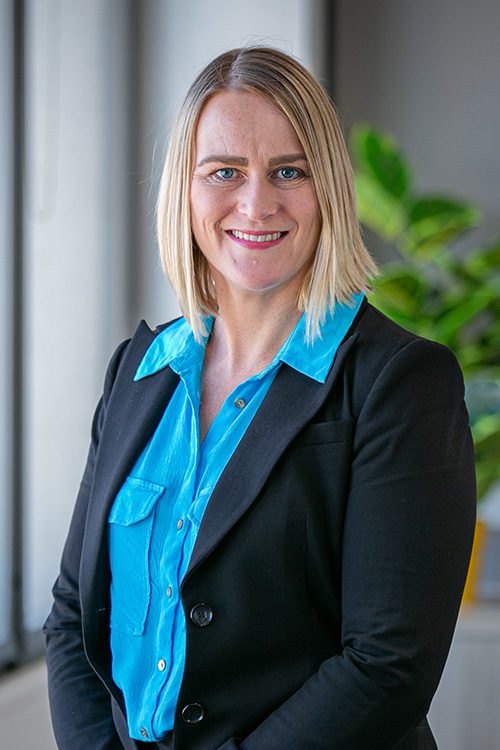On 11th May 2021, Treasurer Josh Frydenberg announced the Federal Budget for 2021-22 and we have summarised the key points related to medicos. This budget includes a raft of measures geared towards supporting and strengthening businesses, stimulating jobs growth and investment, and improving financial stability for individuals.
Our key take-aways for Medicos:
Personal Taxation
Extension of certain concessions
The Government extended existing concessions – the Low and Middle Income Tax Offset and the Full Expensing of Capital Assets.
Extension of the Low and Middle Income Tax Offset (LMITO)
The LMITO was due to end on 30 June 2021 but will now be retained for another year until 30 June 2022.
This will be beneficial mostly to Junior Doctors as taxpayers earning between $48,000 and $90,000 will be eligible for the maximum offset of $1,080. For an income above $90,000, the offset phases out at a rate of 3 cents per $1. This is no longer available when taxable income exceeds $126,000.
Extension of the temporary full expensing of capital assets measure
This measure will be extended for 12 months (until 30 June 2023) and allows eligible businesses with an aggregated annual turnover or total income of less than $5 billion to deduct the full cost of eligible depreciable assets of any value. Assets must be purchased from 7:30pm on 6 October 2020 with first usage or ready-to-use instalment by 30 June 2023.
Changes to the definition of Australian tax residency for individuals
A simple test will replace the existing rules to assess if someone is an Australian resident for tax purposes. This will most likely affect doctors who are doing a stint overseas as part of their training.
Any individual who is physically present in Australia for 183 days or more will be seen as an Australian Tax Resident by default. If this criterion is not met there will be a secondary test. This test depends on a combination of physical presence and other measurable factors relating to the individual’s right to reside permanently in Australia; Australian accommodation; family ties to Australia; and also, Australian economic interests.
The test slightly changes for individuals departing Australia if the first 183-day test is not passed. This test looks at the previous years of tax residency and whether an individual has been a tax resident of Australia for the past three years. Generally, it means that the severance of the tax residency will be more difficult the longer an individual has been a tax resident of Australia.
The proposed effective date will be from t1 July following the passage of legislation.
Extension of tax deductions of self-education expenses
Under the current rules, taxpayers cannot claim a tax deduction for the first $250 of expenses for prescribed courses of education, but on the 1st of July following the passage of legislation this threshold is proposed to be removed. It will simplify record keeping and compliance.
Superannuation
Abolishing the $450 per month income threshold
The current $450 per month minimum income threshold before SG contributions become payable will be removed which means employees at all income levels will receive SG contributions.
This will result in a higher administrative burden for employers.
Business taxation
Patent Box tax incentive scheme to encourage medtech and biotech investment
The Government has pledged $206.4 million for this scheme, which introduces a corporate tax rate of 17% on profits derived from Australian medical and biotechnology patents rather than the usual 30% or 25% tax rate for SMEs.
The scheme is only available for patents that have been granted and comes into effect from 1 July 2022. The concession will be available for patents that are applied for after the budget announcement from 11 May 2021.
Summary of other notable measures
Investment in the Health Industry
Several investments into health services were announced including the investment in primary health care including $711.7m added to the MBS for new items including genetic testing, gynecological procedures, pediatric and rare cancer treatment, major depression and orthopedics. Telehealth measures have also been extended until 31 December 2021 while bulk billing rates in rural, regional, and remote communities will also see increases for vulnerable patients. The budget also focuses on providing funding for various services relating to women’s health and mental health services.
Access to Medicine
Additional funding of $878.7m has been allocated for new and amended PBS including medicine to assist with treating chronic migraines, breast cancer, asthma, lung cancer and osteoporosis providing access to more affordable medicines and drugs for patients.
More affordable childcare
Announced in the budget was a $1.7 billion package over three years to help improve the affordability of childcare. The measures provide relief for families with more than one child with the childcare subsidy increasing from the current level of 85% to a maximum of 95% for the second and subsequent child. The childcare subsidy cap of $10,560 per a child will also be removed which applied to families earning more than $189,390.
Allocated Funding in the Health Industry
$17.7 billion have been pledged for the aged care sector over a 5-year period and there will be an additional $1.9 billion spend related to COVID-19 including the vaccine roll-out, respiratory clinics, testing and quarantine facilities and another $1.5 billion for testing, tracing and other services related to COVID-19.
$2.3 billion has been allocated to a National Mental Health and Suicide Prevention Plan and another $123 million has been allocated to rural health strategies (such as upgrading equipment and incentives for rural training).
$6 billion has been allocated over forward estimates to cover Medicare subsidised services.



















